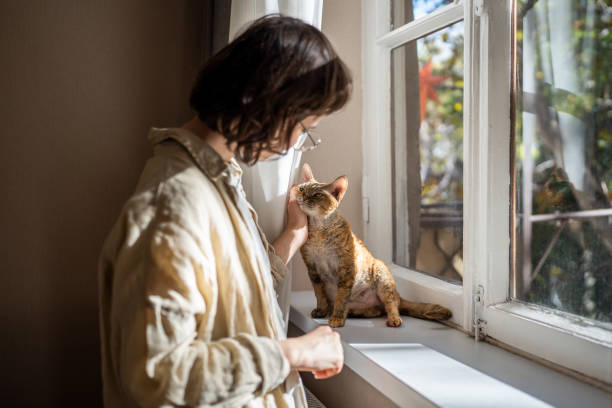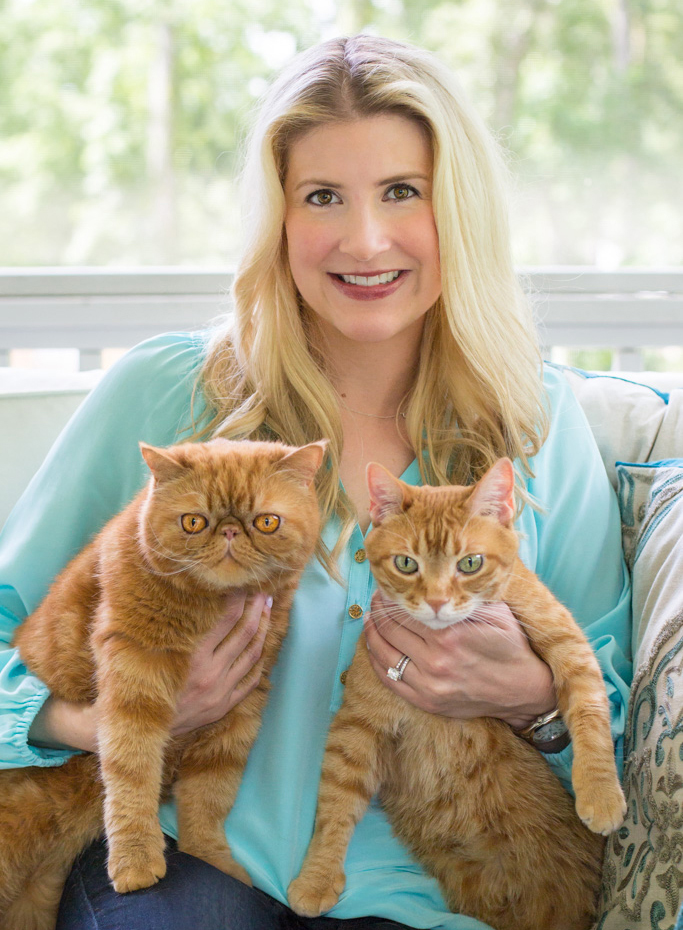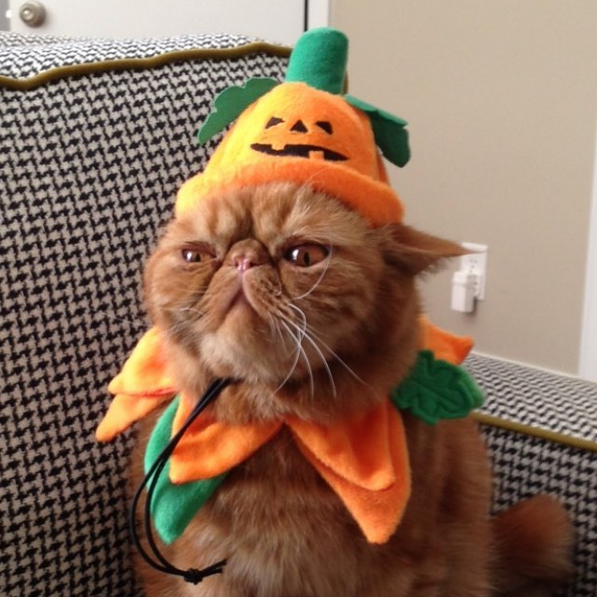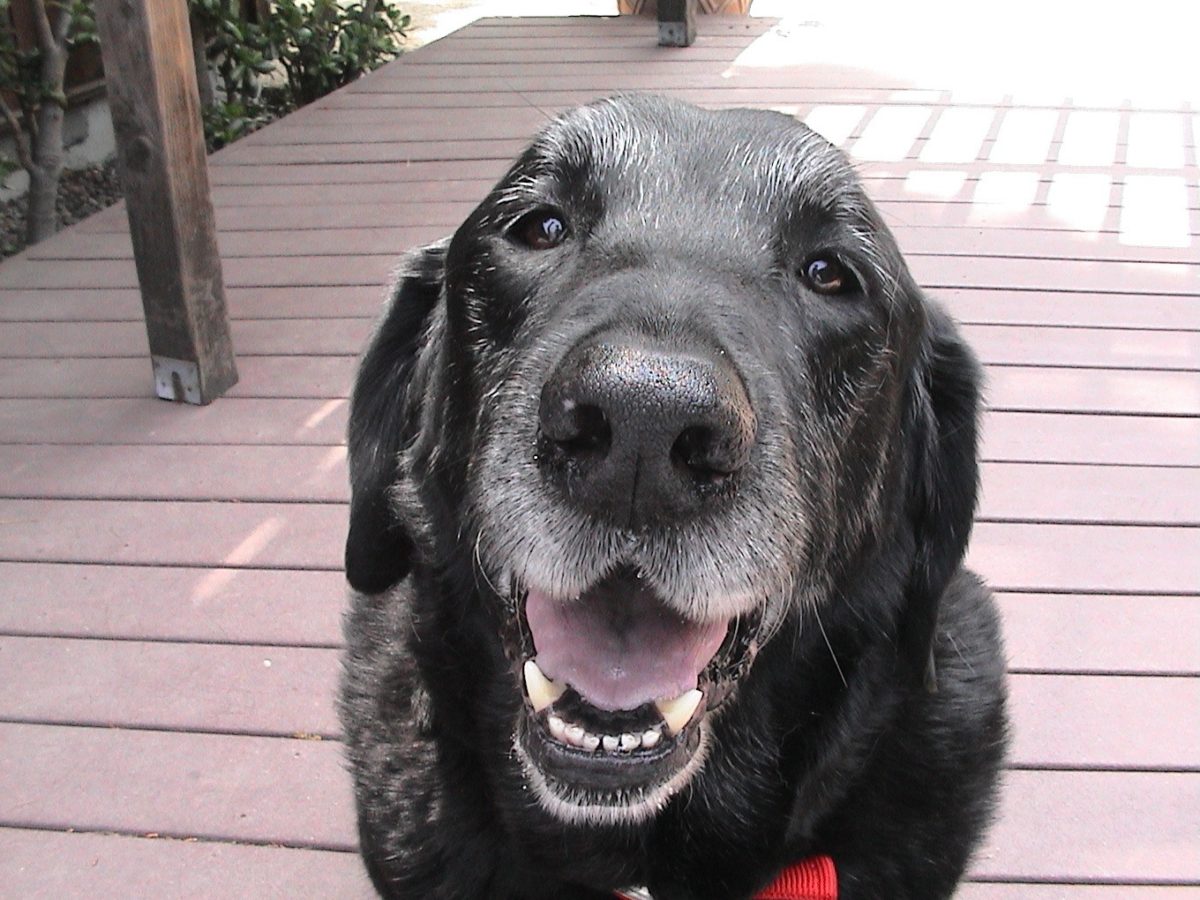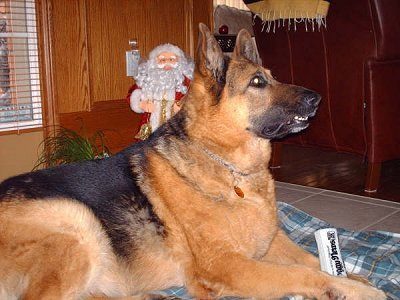The loss of your dog or cat is one of the hardest things that a pet parent has to navigate. Throughout this journey of the final life stage, there are an array of emotions that can come up. I have had to say goodbye to beloved fur babies and the grief has been intense. Here are some things that have come up in me as I have traveled along the path of grief and loss and to finally finding happiness again.
Is it crazy for this to hurt so much?
No. The grief that I have felt for a beloved pet passing surpasses anything that I have felt for another human in their passing. Pets are often the center of the home and the focus of our love and attention. They comfort us and they know us fully, including our habits and secrets. They are often our “mini-me’s” and it’s only natural that with a relationship that strong and meaningful that we could have a powerful amount of grief.
Here are the 6 stages of grief and how they may show up in the process of losing a pet:
- Shock and disbelief- the first responses to the loss of a beloved pet. This can last anywhere from a few hours to several days.
- Anger, alienation and distancing- anger can come up in many forms. Often there is anger about the disease that took your baby, or at the Dr. that wasn’t able to save them. Anger when carried to an extreme level can keep you from moving through the healing process and fully experiencing grief.
- Denial- having trouble accepting that your fur baby is really gone. Typically this stage is very quick and is rooted in fantasy.
- Guilt- the more that you loved your baby, the more likely you are to experience guilt. Experiencing guilt on some level is very natural as we rethink the final life stage of your fur baby and the decisions made for care at the end.
- Depression- It is normal to feel depression with intense mourning. With the loss of all my babies and in particular my kitty Mantis, the depression was pretty marked. I would wake up in the morning and ask myself, “Will I ever be happy again?”. I was already in therapy at the time Mantis passed and I used sessions to process this incredible loss. *If the depression becomes too intense or prolonged than one should seek help from a trained professional
- Resolution- a time for spiritual healing. In this final stage, we move through the grief and are able to hold onto the memories and the love of our beloved while moving forward with life’s activities.
How can I process my feelings?
The most therapeutic thing we can do is lean into our emotions and pain. In order to get through the other side of grief, we have to feel deeply and sit with the heartbreak and anguish of the loss. Bottling it up and pretending we are ok will only delay the healing process. I have found it especially helpful to speak with my trusted therapist or friends that are pet people. Getting the feelings out is the most important part of the healing process. Crying is one of the most cleansing and cathartic things that we can do for the soul. Other ways to process and move grief through your body: exercise, dance, meditation, journaling, etc. Express yourself and try not to hold it in.
I have been lucky to be surrounded by other pet people during my grieving process. If you don’t have pet people in your inner circle, seek them out. This type of understanding can be so very helpful in your healing journey.
Some practical suggestions:
Find other sympathetic and supportive people to lean on to get your feelings out in a safe environment.
Allow emotions to flow, don’t bottle them up.
It’s never too late to say something to your beloved deceased pet. Write a letter to them sharing how much you love recounting the special memories that you have.
Dedicate or donate something in your pet’s name. Knowing that they are helping other fur babies is a way for them to continue on.
Establish new routines at home. Pets, more than anything in our lives, are rooted in our living patterns. Don’t be scared to shake things up!
Hold some sort of private service or memorial for your pet. This can be as simple or as involved as you wish.
Attend a pet loss or bereavement support group. Allow yourself to share fully and experience the grief in a safe space.
If/When you are ready to bring a new fur baby into your life, tell them stories of your beloved one who passed.




